8 great games that take forever to get to the fun part
There's nothing like cracking open a new game, settling in for a nice session and then... waiting hours upon hours for it to start getting good. Games nowadays try to tell complex, involving tales, but sometimes forget that they're also, you know, games - and all you want to do is play them.
Or sometimes you're able to jump right in, but the game just isn't fun until you've invested several hours trying to learn its structure or gaining the right items to make things interesting. Even the greatest games can take ages before it feels like your adventure has actually begun. Here are some of the worst offenders.
The Legend of Zelda: Skyward Sword
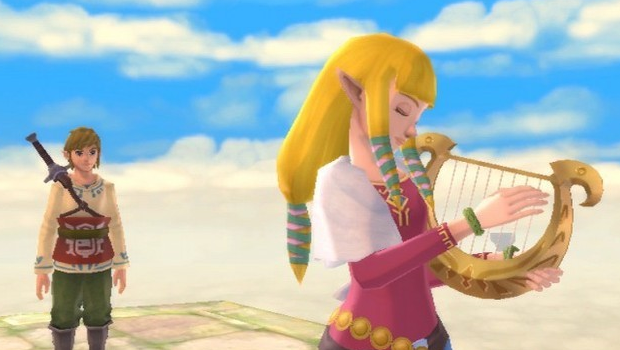
Ever since A Link to the Past, The Legend of Zelda series has had a problem with intro bloat. It started slow - a brief cutscene here, some character building there - but lately, it's gotten out of hand. Wind Waker asks you to wander around a small island village for a bit, Twilight Princess tasks you with farming chores, but at least you're doing something in both. Skyward Sword beats them all by a mile.
You spend the first two to four hours wandering around Skyloft, talking to people and watching cutscenes. Link prepares for, then competes in, an aerial race called the Wing Ceremony, and he's visited by the game's perpetual annoyance Fi, who eventually leads him to the Goddess Sword. It's not until you fall into the Deep Forest that it actually feels like you're doing something important. The rest of the game is brilliant but, man, those opening hours are a slog.
Okami
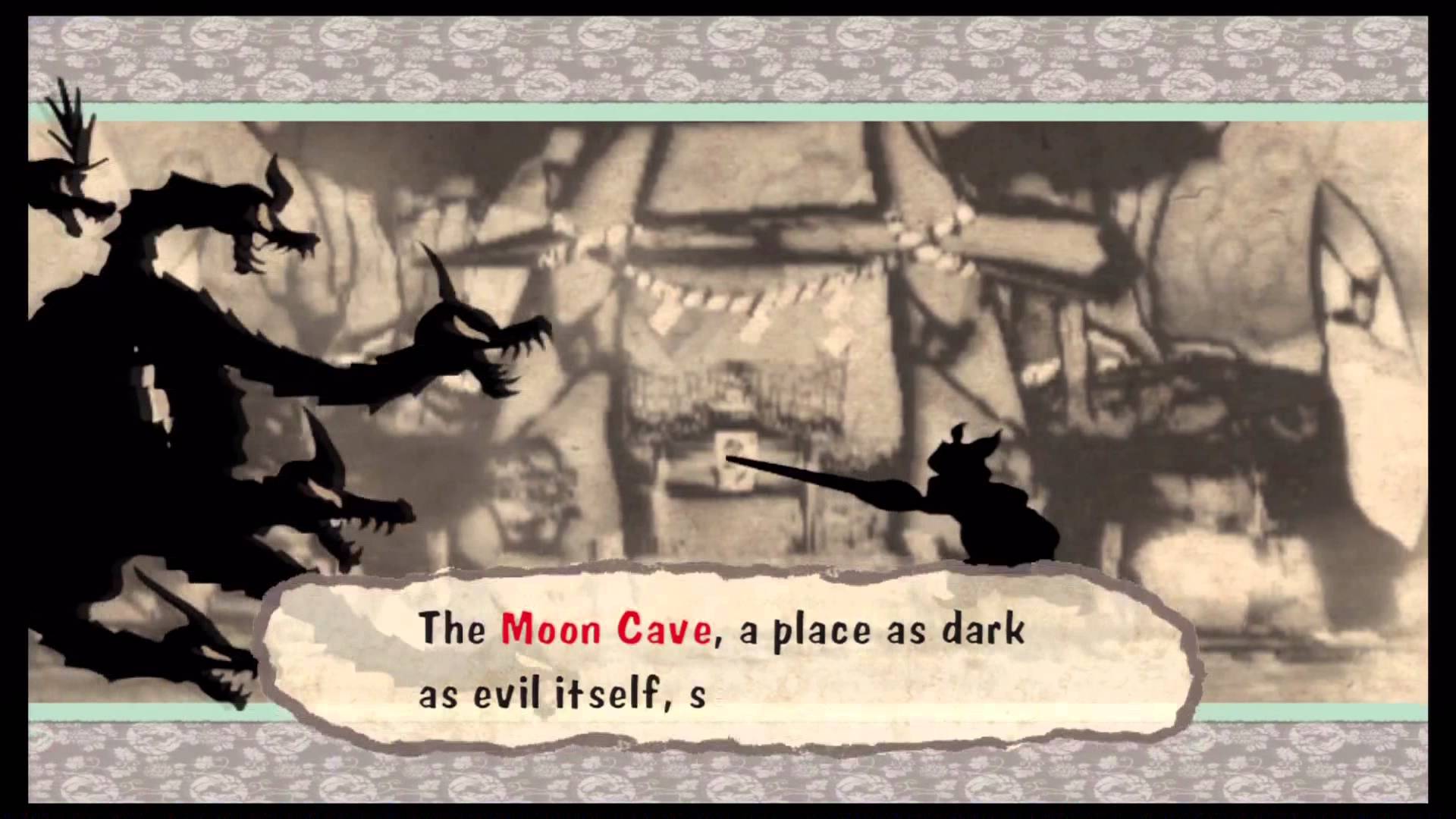
Okami is one of the few games that can truly be considered epic. As the sun god Amaterasu, your job is to kick out the demon lord Orochi and bring the countryside back to its original, pristine condition. And like any epic tale, there's lots, and lots, and lots of talking.
When you press start, you're greeted by a 20 minute unskippable cutscene explaining the backstory. It wouldn't be so bad if it wasn't accompanied by the slow, warbling gibberish of the narrator, Issun - because gibberish makes things whimsical, apparently. Once that's over, you get even more exposition from the tree spirit Sakuya. Finally, you are loosed upon the world... and right into a tutorial. By the time you finish all of that, Orochi might have already taken over.
Persona 4
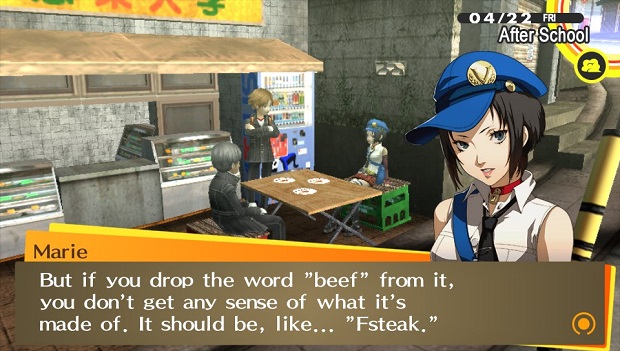
Moving from the fast pace of the big city to the quieter countryside is sure to bring an onset of culture shock, especially if Persona 4 is anything to go by. Your parents are off working, and have sent you to live with your uncle out in the sticks for the next school year. Meanwhile, there's a series of murders, a mysterious world that lives inside a television set, and a demonic presence that hangs over the town. Let's get to work, right? Well, hold on: first you have to meet everyone.
Weekly digests, tales from the communities you love, and more
Yes, rather than skipping all the boring, real world life stuff, Persona 4 revels in it. When you arrive at the sleepy burg of Inaba, you'll spend time attending class and getting to know your uncle, your cousin, your classmates, the local department store, everyone in it and after around two hours or so, you finally get to the first dungeon and experience some actual gameplay. It's important to build these characters up (heck, you'll be spending the next year with them), but if you're not patient enough to meet them all, you might just turn the game off and miss out on one of the greatest character-driven adventures out there.
Mass Effect
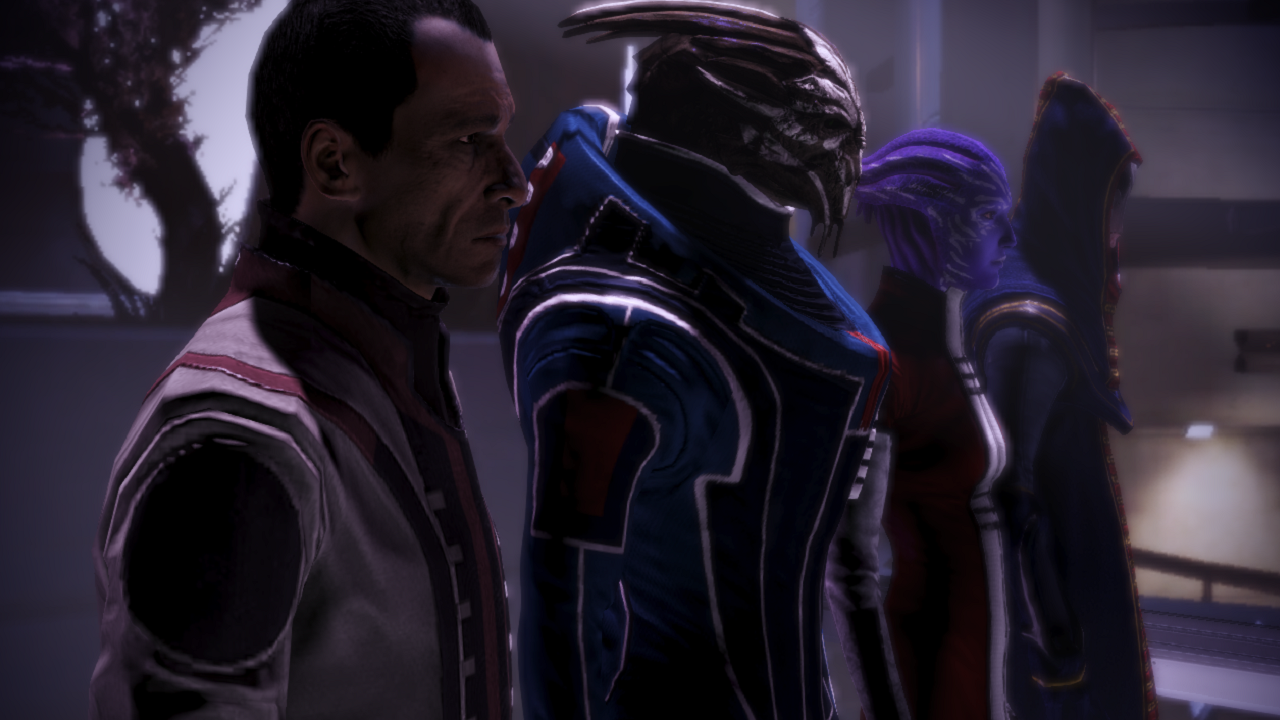
The first Mass Effect game actually starts with a pretty decent bang. You're dropped onto Eden Prime, a colony under attack by the sentient robotic Geth. There's action, an alien artifact, a double-cross by rogue Turian Saren - it's all very exciting stuff. And then this awesome intro is followed up with the worst momentum killer of all: interplanetary politics.
After your jaunt on Eden Prime, you return to the Citadel to do something about Saren's betrayal, and nothing says fun quite like bureaucracy. You wander the space station for at least three hours, trying to find the evidence needed to strip Saren of command--and then convince these spineless politicians to do just that. Once you've cut through all this red tape, you're finally on your way... as long as no one makes you fill out any boring paperwork, of course.
Spore
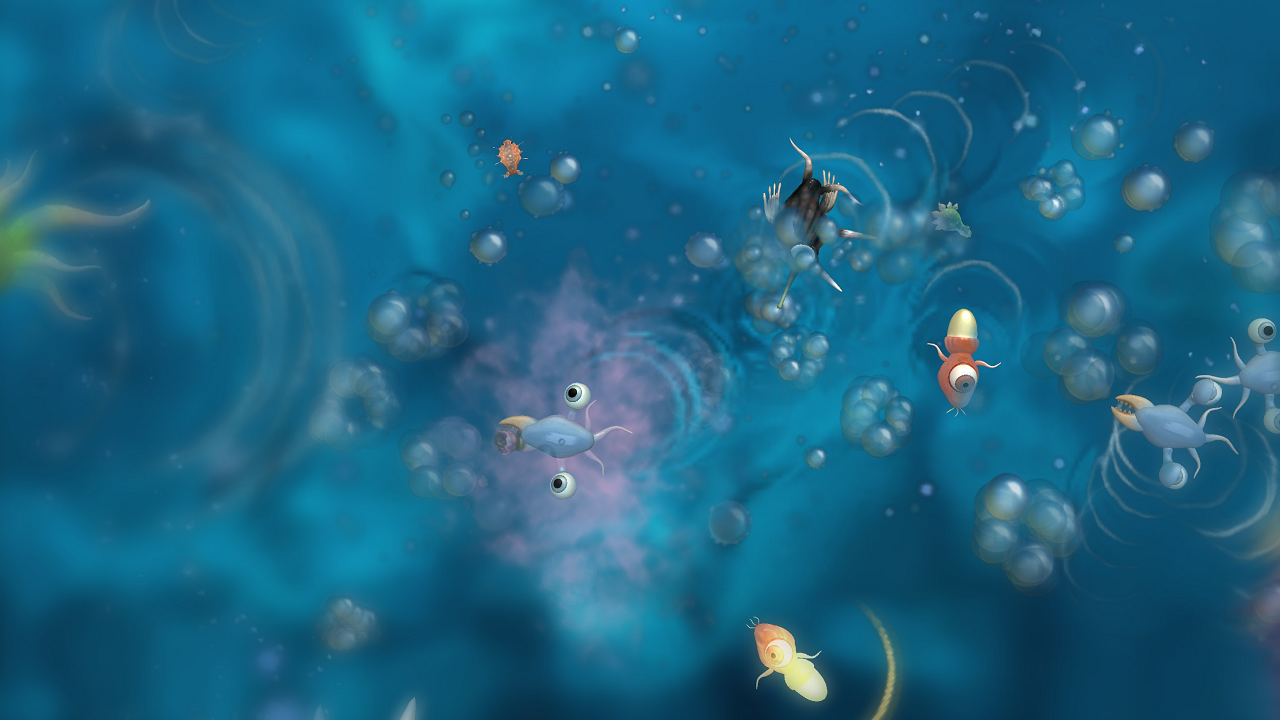
Sim City creator Will Wright set out to make the life sim to end all life sims with Spore. You start out as a single-cell organism, evolve into a race of sentient monsters of your own design (penis-shaped or otherwise), and eventually expand your empire to take over the globe. Then the galaxy. The problem? Actually getting to the good part means literally evolving your species from a zygote.
Before you get to the real meat of Spore's late-game strategy portions, you have to spend a couple of hours wandering the primordial soup, eating organisms smaller than you. Then, once you sprout legs and take your first steps on land, you set out and explore the world with a fairly uninspired set of social and combat commands - like an MMO but way more boring. Once you finish that, you're finally rewarded with a far more interesting game to play, but if you're like me, you left your goofy-looking animal-things back in the Stone Age.
Dark Souls
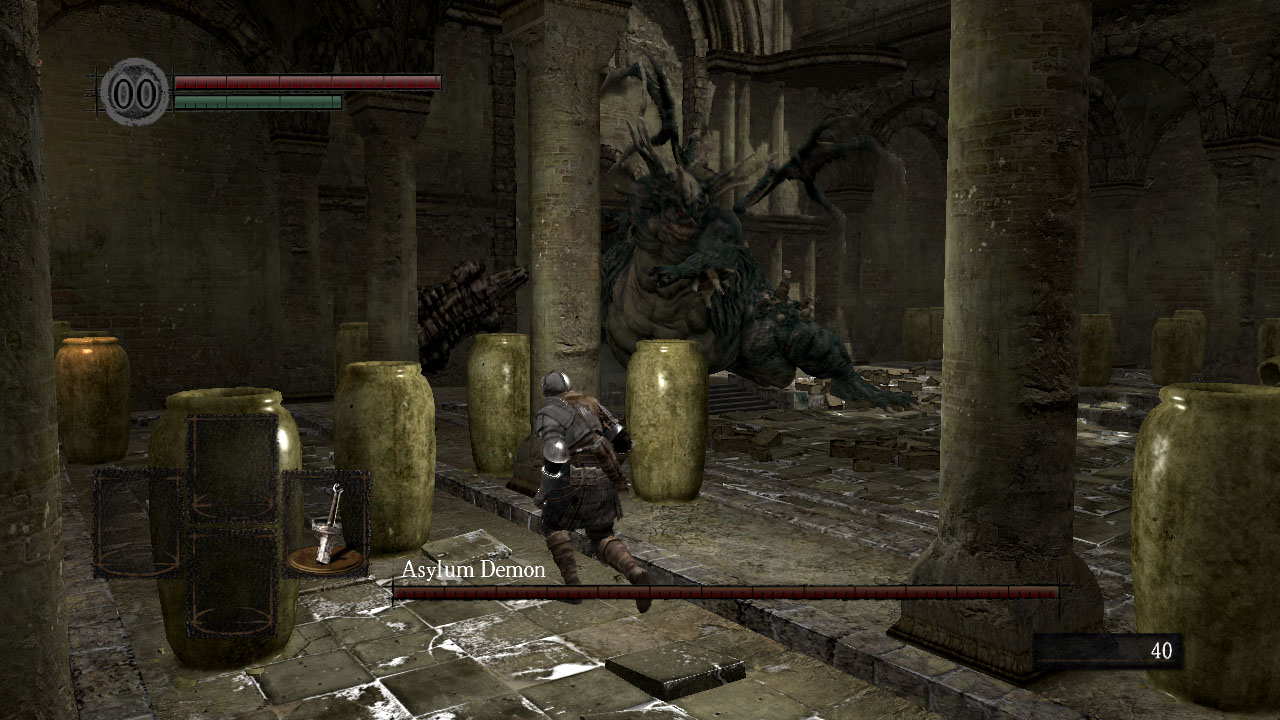
The first five hours of Dark Souls are a railroad that hates you. There are several paths seemingly available to you once you finish the World's Most Devastating Tutorial, but you really only have one choice that doesn't murder you simply by glancing in your direction. Even then, you'll find death around every corner, with skeletons that gang up on you, screen-filling bosses, and a giant dragon that has a serious craving for hero BBQ.
It's here that most people quit playing Dark Souls and go find a game that doesn't hate every fiber of their being, but this is also the point where it finally opens up. Unlike 99% of modern video games, Dark Souls won't hold your hand or give you any direction - but if you stick with its absurd difficulty, figure out its patterns, and find yourself some decent gear, it becomes a far more interesting place to explore. But getting to that point will require some real dedication (and more than a little stubbornness), as few games offer as much freedom as Dark Souls, and it takes a while to adjust.
Kingdom Hearts 2
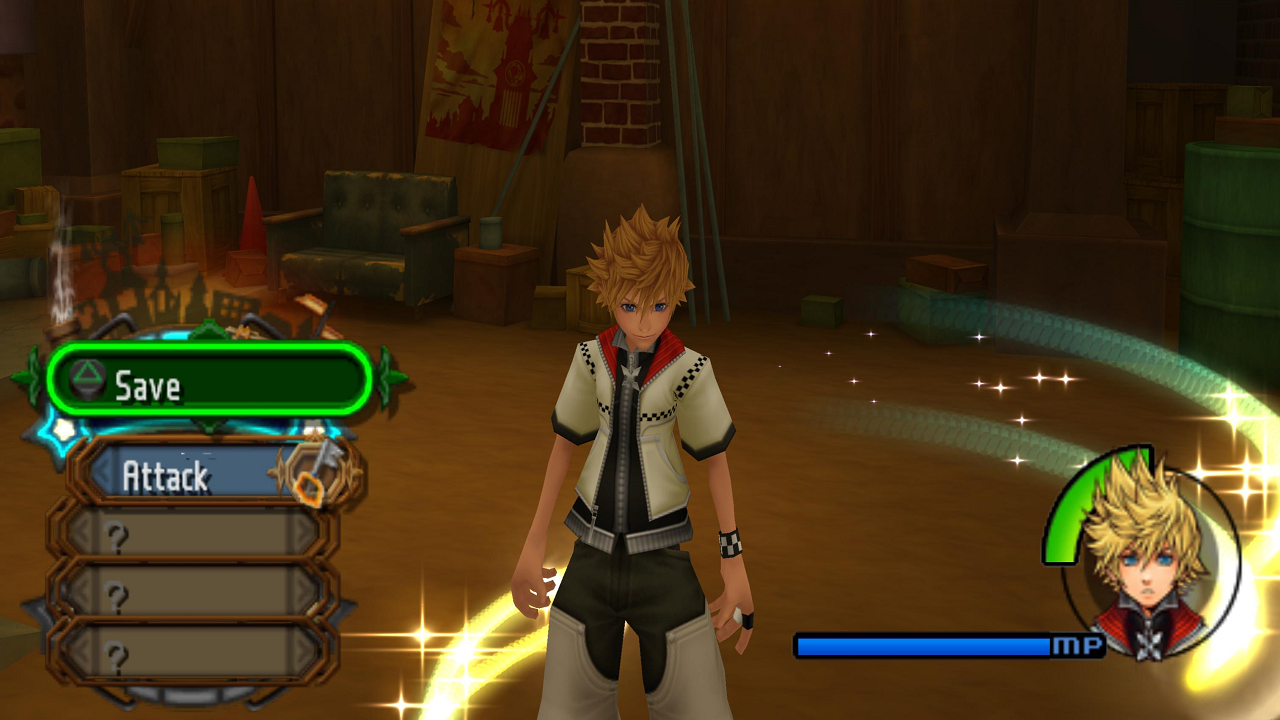
The Kingdom Hearts series has always been up its own asshole, but it got real bad by Kingdom Hearts 2. Sora, Donald, and Goofy have been placed in suspended animation in order to regain their lost memories (something that happened during the GBA game that you know what, let's just keep going). When Kingdom Hearts 2 opens, you don't play as Sora and company - rather, you play as a random dude named Roxas.
See, Roxas is actually Sora's Nobody, and inhabits a virtual representation of Twilight Town, and must merge with himself to restore Sora's power. Confused? Me too! All you need to know is that this whole section plays out over the course of seven in-game days, taking at least three to four hours just even get to a point where the game starts making sense, if only barely.
Final Fantasy 13
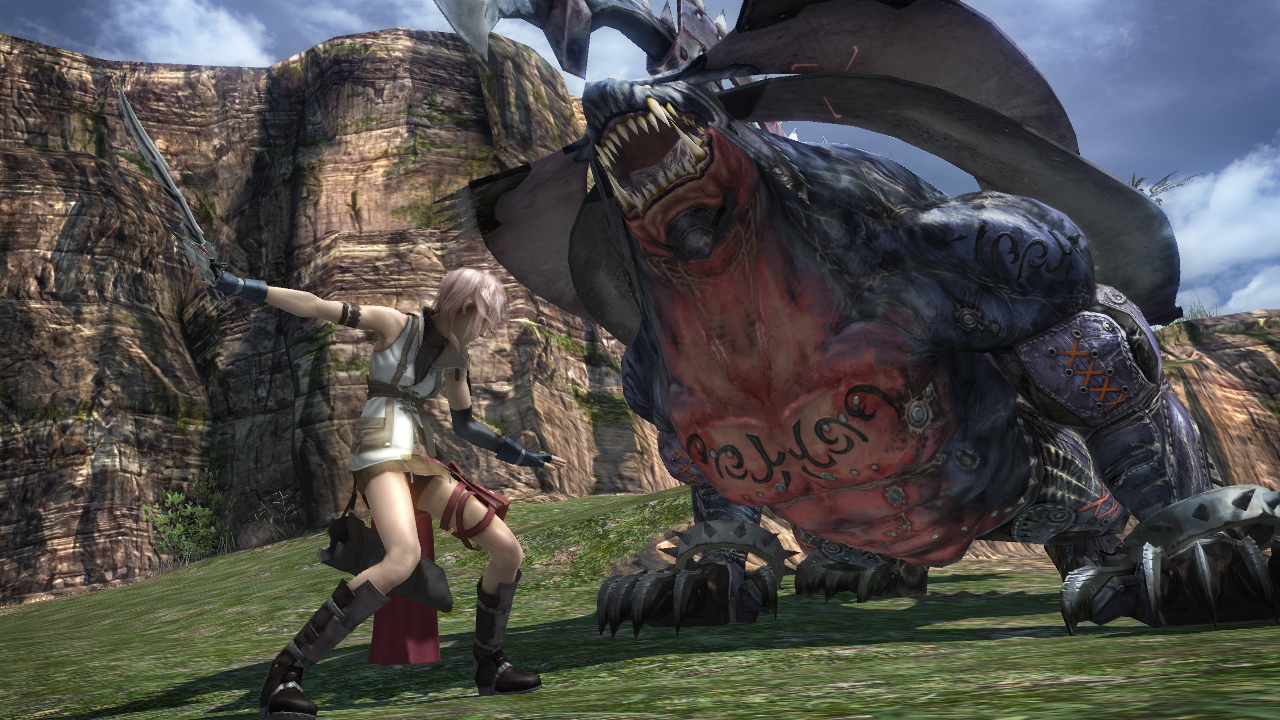
Final Fantasy 13 is, hands down, the worst offender here. Buried under a decent-ish story and a bizarre yet strangely compelling battle system is a game that reveals itself at a glacial pace.
How bad is it? You spend the first two hours fighting generic soldiers and strange monsters without earning a single experience point - and you have no real magical skills or abilities, so these fights are essentially throw-away encounters. And it's not until the 30 hour mark that you break from the stiflingly linear progression and are finally able to explore at your own pace. Final Fantasy 13 finally comes into its own at that point, but 30 hours is a hell of a long time to spend on what is essentially a giant tutorial.



